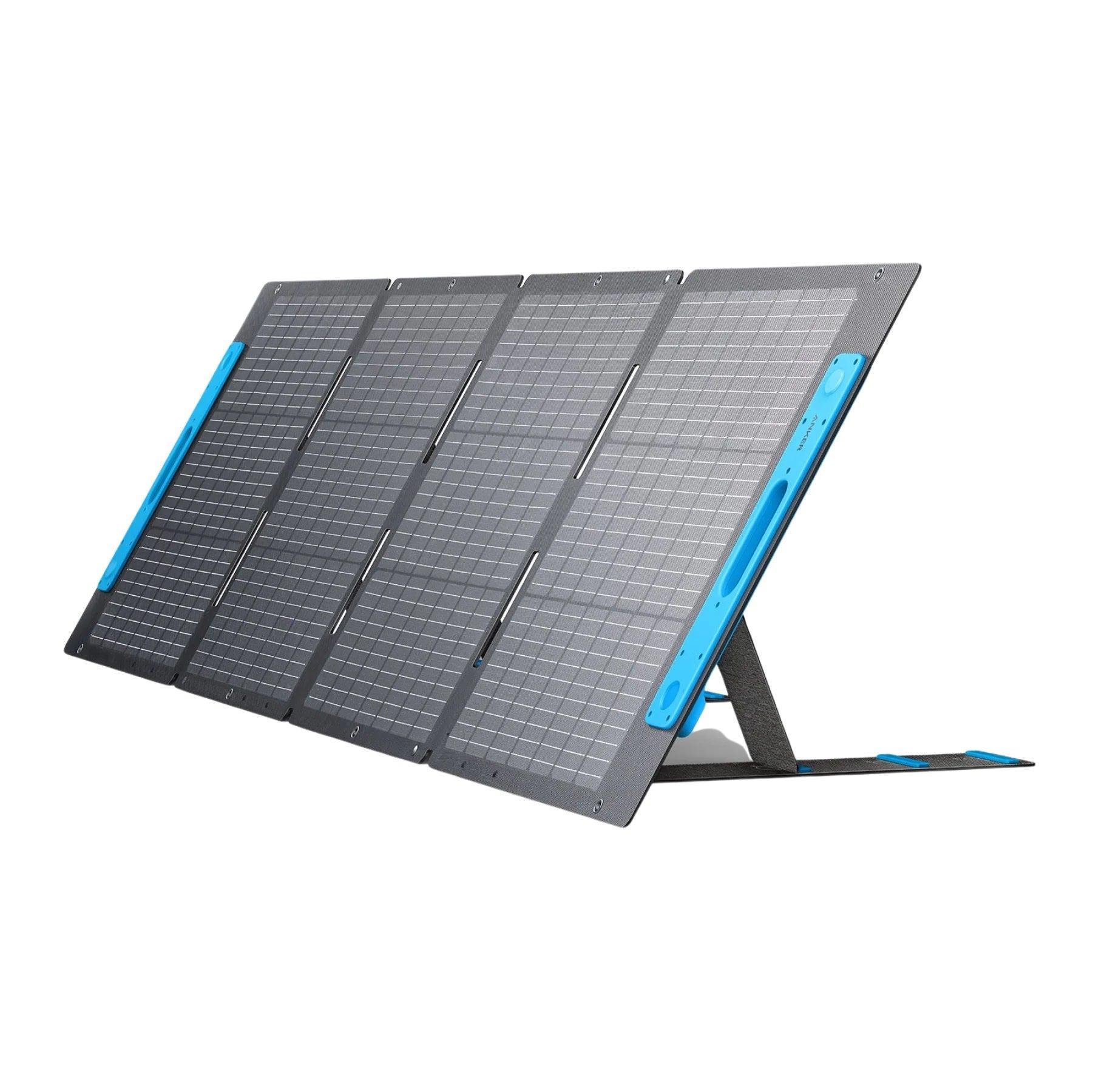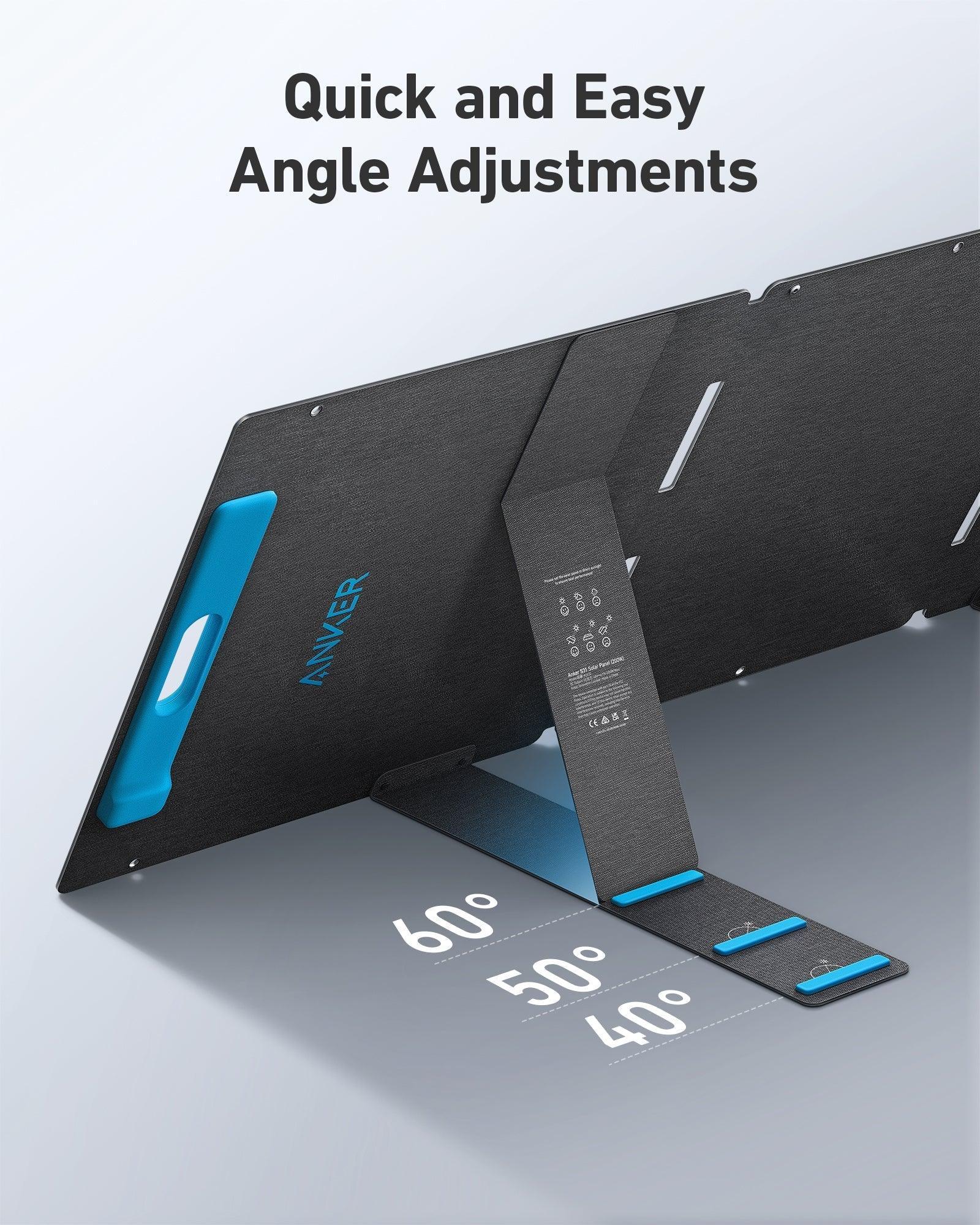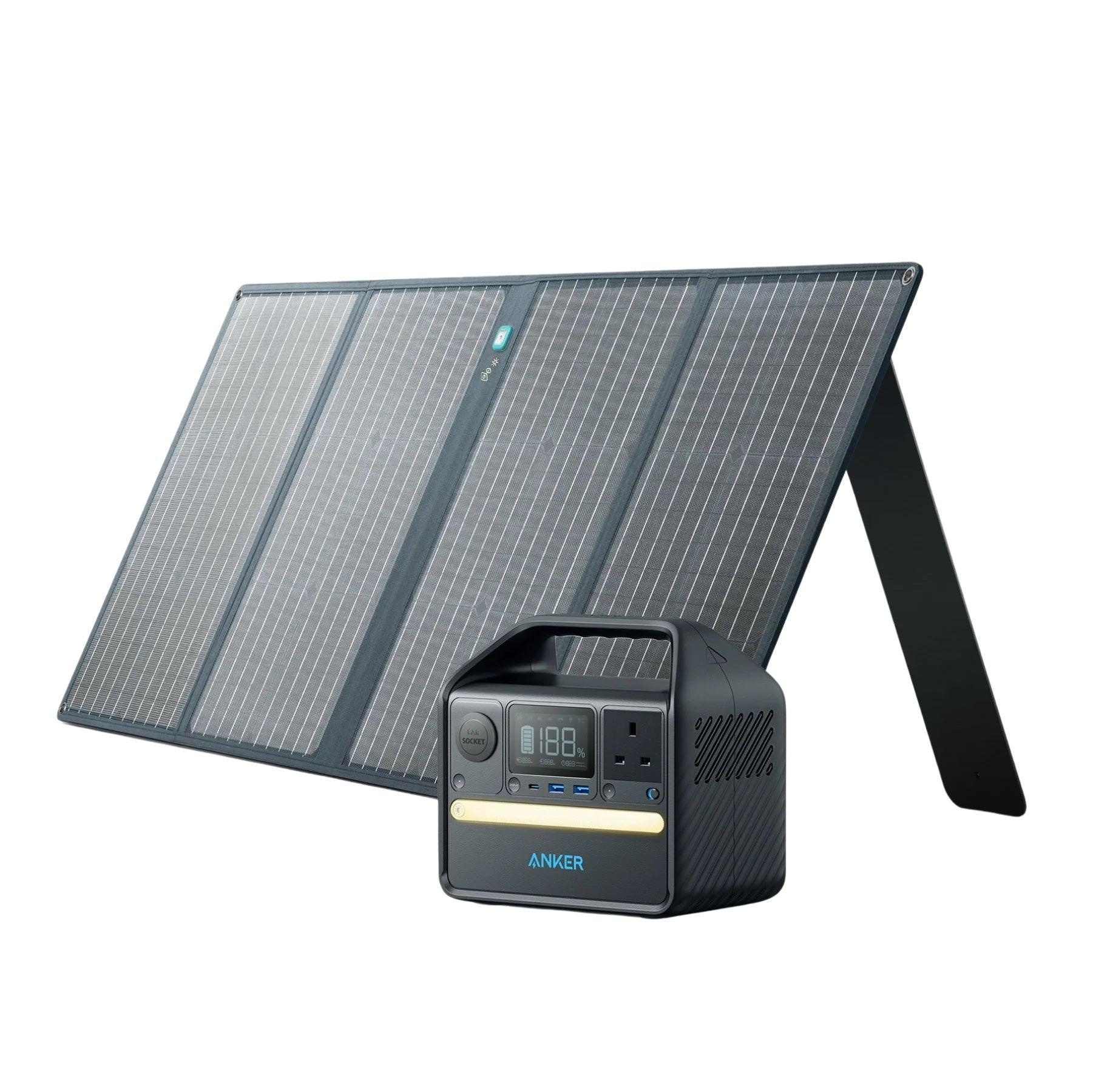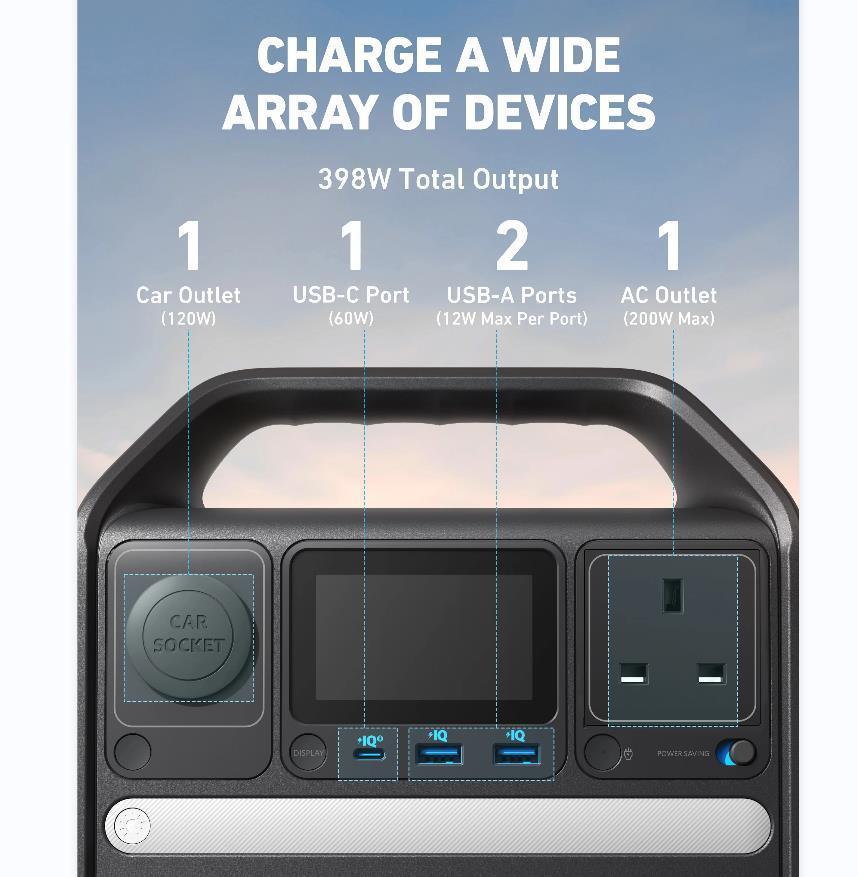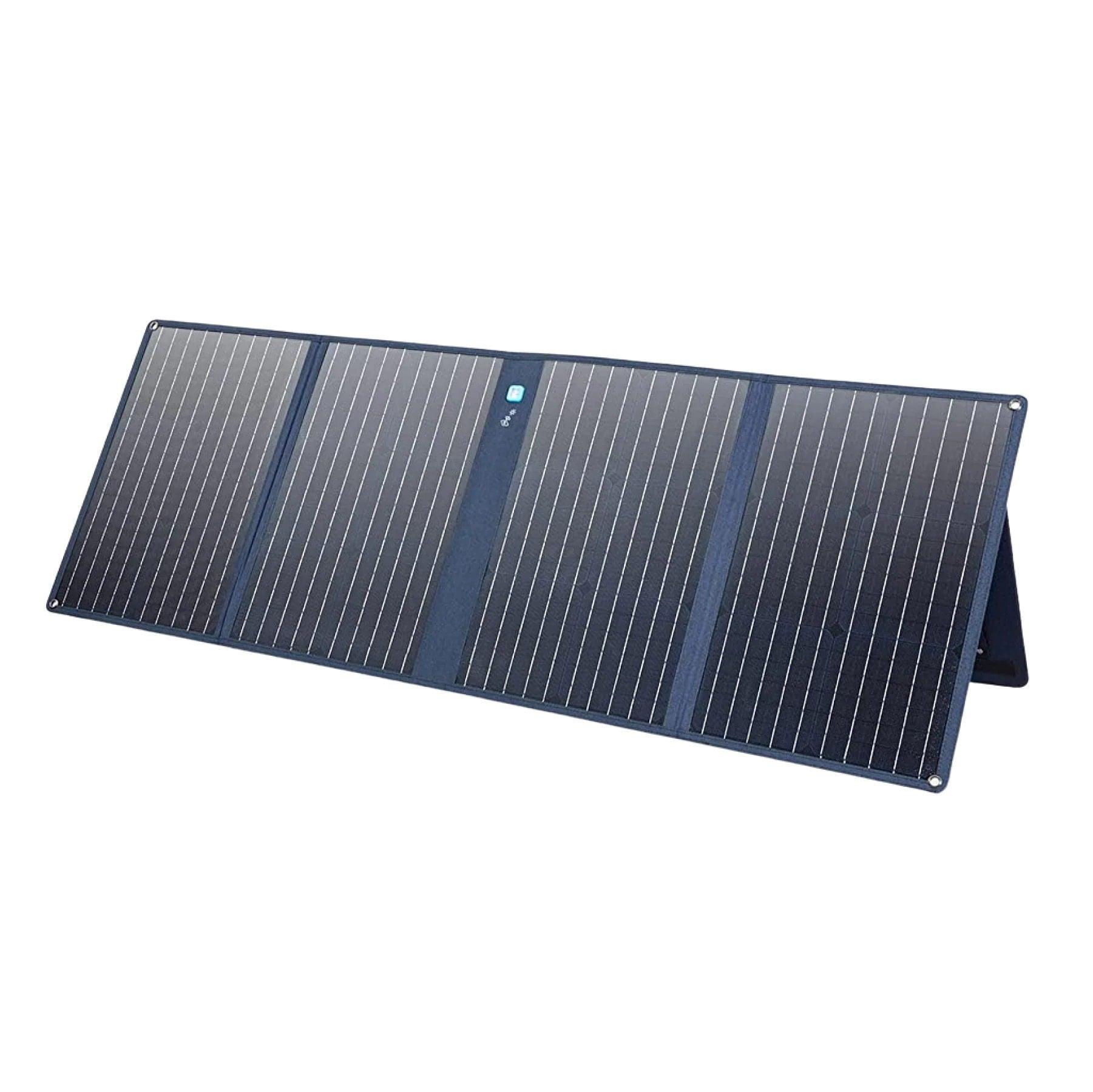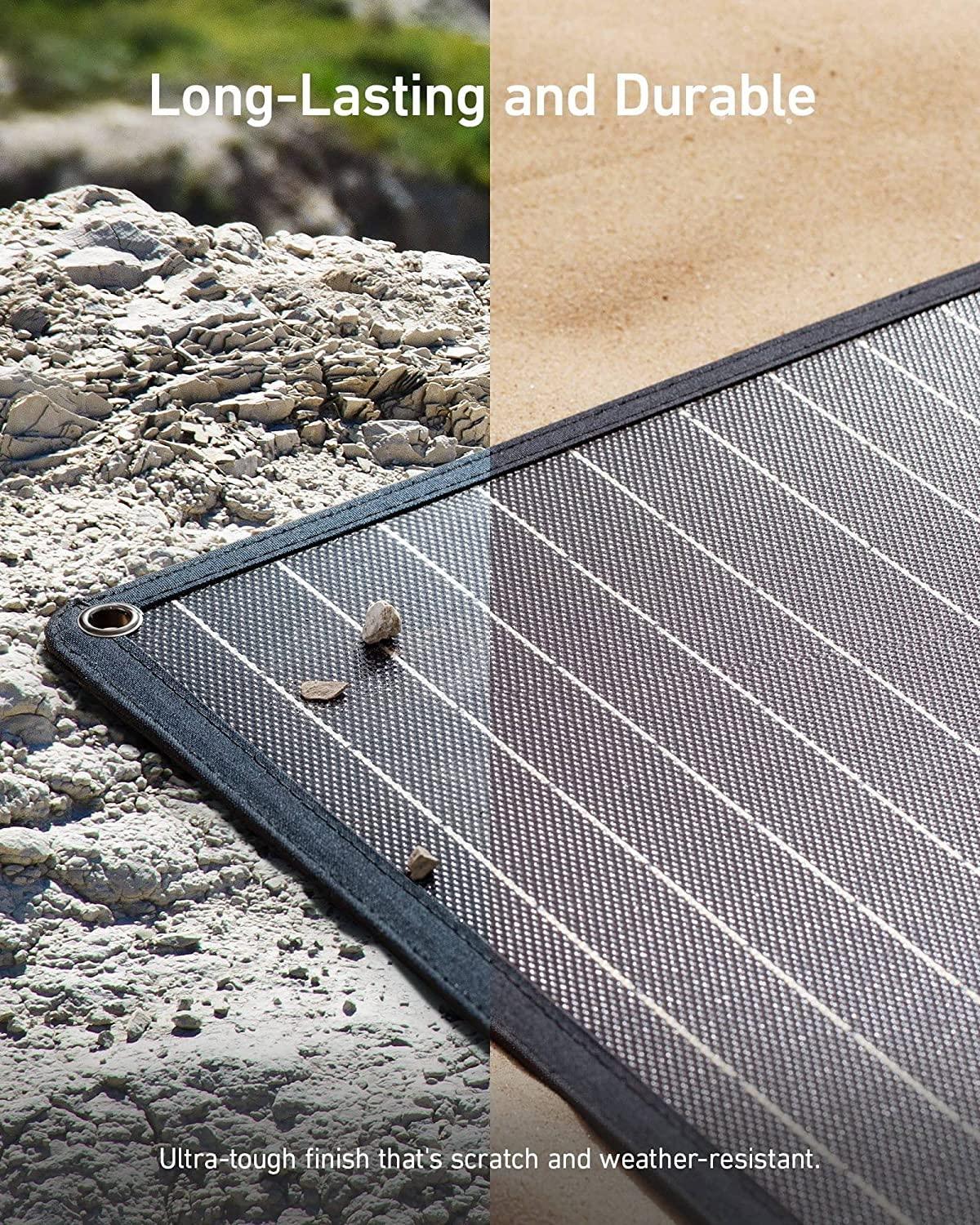With energy prices on the rise, more and more homeowners are looking for solar panel heaters as an efficient way to keep their homes warm. However, with so many types of solar powered heater available, it can be difficult to know which one will best suit your needs. In this guide, we’ll explore what a solar panel heater is, different types of these panels and how you can choose the right system for your home. We’ll discuss the benefits and drawbacks of each type as well as some tips to help you find the best solar panels for your heating needs. Follow along to discover if adding a set of solar panel heaters could be just what your home needs!

What is a Solar Panel Heater?

A solar panel heater is a device that harnesses the energy from sunlight and converts it into heat to provide warmth for various applications. These heaters are designed to capture the sun's rays and use them to heat water, air, or swimming pools, offering an eco-friendly and cost-effective alternative to traditional heating methods.
Pros of a Solar Panel Heater:
- Renewable Energy Source: Solar panel heaters rely on the sun's energy, which is renewable and abundant.
- Environmentally Friendly: Solar-powered heaters produce heat without emitting harmful greenhouse gases, reducing the carbon footprint.
- Cost Savings: Utilizing solar energy can lead to significant savings on utility bills in the long run.
- Low Maintenance: Solar panel heaters have relatively low maintenance requirements.
- Independence from Utility Grid: Solar heaters offer independence from traditional energy sources, making them suitable for remote locations.
Cons of a Solar Panel Heater:
- Weather Dependency: Solar panel heaters depend on sunlight, so they may not work efficiently during cloudy days or at night.
- Initial Investment: The upfront cost of installing solar panel heaters can be relatively high.
- Space Requirements: Sufficient space with clear sunlight exposure is necessary for optimal efficiency.
- Backup Heating: Solar heaters require backup heating systems for cloudy days and nights.
Types of Solar Panel Heaters
There are three primary types of solar panel heaters, each serving distinct heating purposes:
1. Solar Water Heaters
Solar water heaters utilize solar energy to heat water for domestic use. These systems consist of solar collectors that absorb sunlight and transfer the heat to the water, providing an eco-friendly and cost-effective method for water heating.
2. Solar Pool Heaters
Solar pool heaters are specifically designed to heat swimming pool water using solar energy. These systems utilize solar collectors or panels to capture sunlight and transfer the heat to the pool water, maintaining a comfortable and enjoyable swimming temperature.
3. Solar Air Heaters
Solar air heaters capture solar energy and use it to warm up the air, which is then circulated to provide heating. They offer an energy-efficient solution for keeping enclosed spaces warm. This category includes various types of solar space heater, such as solar-powered heater for greenhouse, solar powered heater for shed, which create a favorable environment for plant growth even in colder weather, or solar powered heater for cabin, which ensures a comfortable living space.
Each type of solar panel heater harnesses the sun's energy to provide sustainable and renewable heating solutions for various applications without relying on conventional energy sources.
How Does Solar Heater Work?

A solar heater works by harnessing the energy from sunlight and converting it into usable heat for various heating applications. The basic working principle involves the following steps:
- Solar Collector: The solar heater is equipped with a solar collector, which is typically made of materials that can absorb sunlight effectively, such as solar panels, solar heat absorption panels, or black surfaces.
- Absorption of Sunlight: When sunlight falls on the solar collector, it is absorbed and converted into heat energy. The absorbed solar energy raises the temperature of the collector.
- Transfer of Heat: The heat energy obtained from the absorbed sunlight is then transferred to a medium, which could be air, water, or a heat-absorbing material, depending on the type of solar heater.
- Distribution of Heat: The heated medium is circulated or transferred to the desired area or application, such as heating water in a storage tank, circulating warm air into a room, or warming up pool water.
- Storage (Optional): Some solar heaters may incorporate a storage system, such as thermal mass storage or batteries, to store excess heat for later use when sunlight is not available (e.g., during nighttime or cloudy days).
- Backup Heating (Optional): In certain cases, solar heaters may have backup heating systems, such as electric or gas heaters, to provide additional heat when solar energy is insufficient to meet the heating demand.
Overall, the efficiency and effectiveness of a solar heater depend on the amount of sunlight available, the design and capacity of the solar collector, and the specific heating application.
Tips for Selecting a Solar Heater
When choosing a solar panel heater, consider the following tips:
- Heating Capacity: Determine the heating capacity needed for your space.
- Solar Potential: Consider the average peak sunlight hours in your location.
- System Integration: Ensure the heater can integrate with your existing setup.
- Durability and Warranty: Opt for a durable heater with a reliable warranty.
- Installation: Check for ease of installation, DIY or professional.
- Efficiency: Look for high-efficiency ratings and certifications.
- Cost: Compare initial cost and long-term savings.
- Customer Reviews: Read reviews to gauge performance and satisfaction.
By considering these essential points, you can confidently select a solar heater that meets your heating requirements efficiently and effectively.
3 Best Solar Panel for Heating
We have carefully selected three panels for you to build the best heating system with solar panels:
1. EcoFlow 220W Bifacial Portable Solar Panel Waterproof

- Weight: 9.5kg (20.9lbs)
- Material: Monocrystalline Silicon Cells
- Dimensions: 82*183*2.5cm (32.3*72.0*1.0 in)
- Rated Power: 220W Front Side/155W Rear Side
The EcoFlow 220W Bifacial Portable Solar Panel offers a unique two-in-one bifacial design, capturing up to 25% more solar energy. Its compact and robust nature, with an IP68 waterproof rating and heat resistance up to 300°F, makes it suitable for various environments. The panel is 10% smaller than similar 220W panels and comes with a carry case for easy transport. Overall, this panel can be used as a seamless and sustainable solution for powering your heaters.
2. EcoFlow 400W Rigid Solar Panel Waterproof

- Weight: 21.8kg (48.1lbs)
- Material: Monocrystalline Silicon Cells
- Dimensions: 67.8×44.6×1.38 in (172.2×113.4×3.5cm)
- Rated Power: 400W
The EcoFlow 400W Rigid Solar Panel Waterproof offers exceptional performance with its monocrystalline silicon cells, ensuring efficient energy conversion from sunlight. With its waterproof and rigid design, this solar panel is suitable for various outdoor heating applications, providing a durable and sustainable solution for harnessing solar energy. Experience reliable and eco-friendly heating with the EcoFlow 400W Rigid Solar Panel Waterproof.
3. Jackery SolarSaga 200W Solar Panel Waterproof

- Weight: 17.5±0.5lbs (8.0±0.3Kg)
- Material: Monocrystalline Silicon Cells
- Dimension (Folded): 21.2 x 24.2 x 1.6 in (540 x 615 x 40 mm)
- Dimension (Unfolded): 21.2 x 91.3 x 1 in (540 x 2320 x 25 mm)
- Peak Power: 200W
The Jackery SolarSaga 200W Solar Panel Waterproof boasts high efficiency with its monocrystalline silicon cells, converting sunlight into ample power for various heating needs. With its compact and foldable design, it's easy to carry and set up, making it perfect for both outdoor and indoor heating applications. The waterproof feature ensures durability and reliability even in challenging weather conditions. Embrace sustainable and portable heating solutions with the Jackery SolarSaga 200W Solar Panel Waterproof.
Conclusion
Solar panel heaters offer a sustainable and eco-friendly solution for heating water, air, and pools. They harness the sun's energy to provide warmth while reducing carbon emissions and utility costs. When selecting a solar heater, consider factors such as heating capacity, solar potential, durability, and ease of installation. With the right solar panel, you can enjoy the benefits of renewable heating in your everyday life.

